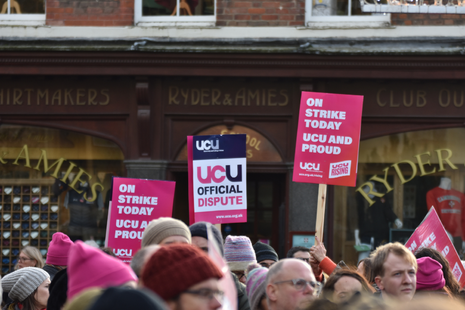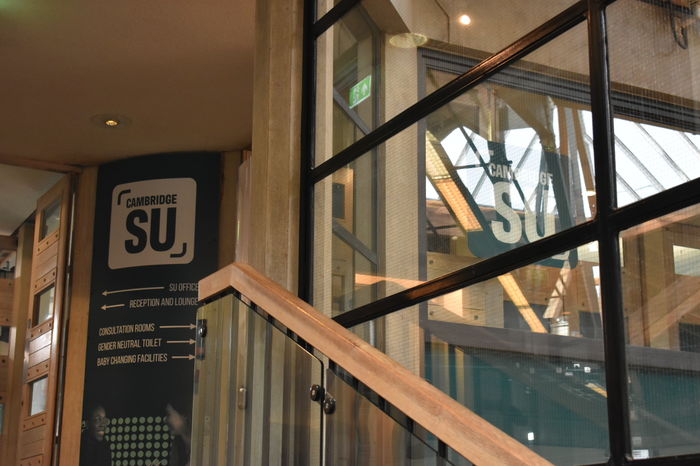Supervision system ‘nepotistic’, says UCU campaign
The Justice for College Supervisors campaign has accused departments of ‘favouritism’ in allocating teaching hours

Cambridge’s Justice for College Supervisors (J4CS) campaign has claimed that the University’s trademark supervision system is “nepotistic”. The campaign, run by the Cambridge branch of the University College Union (UCU), has accused faculties of relying on “connections and favouritism” to allocate teaching hours.
J4CS is discussing its concerns of nepotism with the Office of Intercollegiate Services (OIS) during discussions over reforming the supervision system. Last year, J4CS called off a supervision boycott after accepting a pay deal from the University.
Cambridge’s small-group teaching system, which often relies on the work of early-career researchers, falls foul of “nepotism” due to the “informality of the system” by which teaching hours are allocated, J4CS has told members.
The supervision system is unique to Oxbridge in the UK higher education system. Cambridge claims that supervisions allow students to form connections with “world-leading specialists” and are “respected around the world”.
A J4CS spokesperson told Varsity that “connections and favouritism” play a “significant role in deciding who gets the opportunity to teach, controlling access to vital experience for further academic progression”.
“This is why it is important to formalise the working and hiring conditions for supervisors. We continue to meet with the colleges and work together towards the campaign aims of contracts for supervisors and to collaboratively establish better ways of organising this teaching,” they said.
Sarah Anderson, the undergraduate president of the Students’ Union (SU), which supports the J4CS campaign, told Varsity that “staff working conditions directly impact student learning conditions”.
“The ongoing teaching review is looking into the sustainability of the supervision system and hopes to make recommendations which will enhance both staff and student experience of supervisions,” she said.
Anderson added: “As the student representatives on that, we will always advocate for the rights of workers in line with our policy, as well as for the interests of students.”
In an initial report as part of an ongoing review of teaching, University heads found that the teaching system needs “structural changes” to tackle a “culture of overwork” at Cambridge.
In a recent council meeting, the SU called on the University to commit to “greater structural reform” to tackle the workload crisis, to avoid threatening student mental health.
During ongoing negotiations with the University, the J4CS campaign is pushing for Cambridge to “standardise best practice” across supervisions through published expectations for teaching.
The campaign is also demanding formalised contracts for all supervisors, and will present the University with “examples of good practice in teaching contracts” at Sheffield, Bristol, and Kent universities.
Having taken an average pay rise of 15% last year, the UCU-backed campaign is now calling for “security of hours” and “basic workers’ rights,” including sick pay.
A spokesperson for the University of Cambridge told Varsity: “College representatives are continuing to meet regularly with J4CS campaigners, the main topic of those discussions currently is the employment of supervisors. It is expected that new guidance for Faculties and Departments, on how to best support undergraduate supervisors, will soon be published.”
 News / Judge Business School advisor resigns over Epstein and Andrew links18 February 2026
News / Judge Business School advisor resigns over Epstein and Andrew links18 February 2026 News / Hundreds of Cambridge academics demand vote on fate of vet course20 February 2026
News / Hundreds of Cambridge academics demand vote on fate of vet course20 February 2026 News / Petition demands University reverse decision on vegan menu20 February 2026
News / Petition demands University reverse decision on vegan menu20 February 2026 News / CUCA members attend Reform rally in London20 February 2026
News / CUCA members attend Reform rally in London20 February 2026 News / Gov grants £36m to Cambridge supercomputer17 February 2026
News / Gov grants £36m to Cambridge supercomputer17 February 2026










